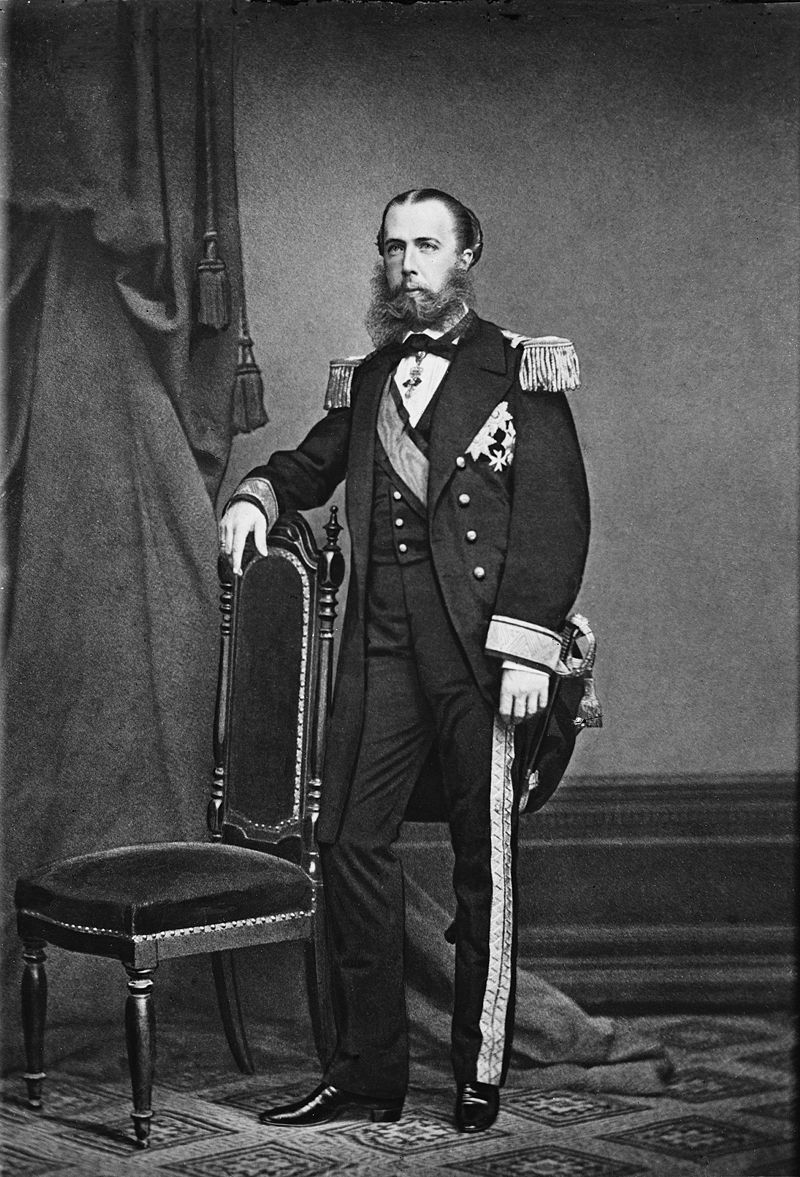É largamente considerado um dos grandes heróis das Filipinas. É o autor de Noli Me Tángere, El Filibusterismo, e de uma série de poemas e ensaios, entre eles o premiado poema A la juventud filipina, de 1879.
Foi executado em 30 de dezembro de 1896, por um esquadrão de soldados filipinos do Exército Espanhol.
José Rizal foi porta-estandarte da Guerra da independência das Filipinas. Pertencente a uma família rica de plantadores de ascendência chinesa, nasceu em 1861 e estudou medicina em Madrid. Foi aí que começou a luta pela independência, que acabou a 30 de dezembro de 1896 com o seu fuzilamento.
No lugar onde foi fuzilado, ao lado das muralhas do Forte Santiago, situa-se um dos maiores parques da Ásia, o parque Rizal, dedicado a ele em 1913, que é o pulmão da cidade e que conta com uma estátua de 15 metros de altura, erguida junto ao seu túmulo.
Mi último adiós - José Rizal
Adiós, Patria adorada, región del sol querida,
perla del Mar de Oriente, nuestro perdido edén,
a darte voy, alegre, la triste, mustia vida;
y fuera más brillante, más fresca, más florida,
también por ti la diera, la diera por tu bien.
En campos de batalla, luchando con delirio,
otros te dan sus vidas, sin dudas, sin pesar.
El sitio nada importa: ciprés, laurel o lirio,
cadalso o campo abierto, combate o cruel martirio.
La mismo es si lo piden la Patria y el hogar.
Yo muero, cuando veo que el cielo se colora
y al fin anuncia el día, tras lóbrego capuz;
si grana necesitas, para teñir tu aurora,
¡vierte la sangre mia, derrámala en buen hora,
y dórela un reflejo de su naciente luz!
Mis sueños, cuando apenas muchacho adolescente,
mis sueños cuando joven, ya lleno de vigor,
fueron el verte un día, joya del Mar de Oriente,
secos los negros ojos, alta la tersa frente,
sin ceño, sin arrugas, sin manchas de rubor.
Ensueño de mi vida, mi ardiente vivo anhelo.
¡Salud! te grita el alma que pronto va a partir;
¡salud! ¡Ah, que es hermoso caer por darte vuelo,
morir por darte vida, morir bajo tu cielo,
y en tu encantada tierra la eternidad dormir!
Si sobre mi sepulcro vieres brotar, un día,
entre la espesa yerba, sencilla humilde flor,
acércala a tus labios y besa el alma mía,
y sienta yo en mi frente, bajo la tumba fria,
de tu ternura el soplo, de tu hálito el calor.
Deja a la luna verme, con luz tranquila y suave;
deja que el alba envíe su resplandor fugaz;
deja gemir al viento, con su murmullo grave;
y si desciende y posa sobre mi cruz un ave,
deja que el ave entone su cántico de paz.
Deja que el sol, ardiendo, las lluvias evapore
y al cielo tornen puras, con mi clamor en pos;
deja que un ser amigo mi fin temprano llore;
y en las serenas tardes, cuando por mí alguien ore,
ora también, oh patria, por mi descanso a Dios.
Ora por todos cuantos murieron sin ventura;
por cuantos padecieron tormentos sin igual;
por nuestras pobres madres, que gimen su amargura;
por huérfanos y viudas, por presos en tortura,
y ora por ti, que veas tu redención final.
Y cuando, en noche oscura, se envuelva el cementerio,
Y solos sólo muertos queden velando allí,
no turbes su reproso, no turbes el misterio:
tal vez acordes oigas de cítara o salterio;
soy yo, querida Patria, yo que te canto a tí.
Y cuando ya mi tumba, de todos olvidada,
no tenga cruz ni piedra que marquen su lugar,
deja que la are el hombre, la esparza con la azada,
y mis cenizas, antes que vuelvan a la nada,
en polvo de tu alfombra que vayan a formar.
Entonces nada importa me pongas en olvido;
tu atmósfera, tu espacio, tus valles cruzaré;
vibrante y limpia nota seré para tu oido:
aroma, luz, colores, rumor, canto, gemido,
constante repitiendo la esencia de mi fe.
Mi patria idolatrada, dolor de mis dolores,
querida Filipinas, oye el postrer adiós.
Ahí, te dejo todo: mis padres, mis amores.
Voy donde no hay esclavos, verdugos ni opresores;
donde la fe no mata, donde el que reina es Dios.
Adiós, padres y hermanos, trozos del alma mía,
amigos de la infancia, en el perdido hogar;
dad gracias, que descanso del fatigoso día;
adiós, dulce extranjera, mi amiga, mi alegría;
adiós, queridos seres. Morir es descansar.

.svg/800px-Coat_of_arms_of_Mexico_(1864%E2%80%931867).svg.png)





.svg/800px-Coat_of_arms_of_Mexico_(1864-1867).svg.png)


